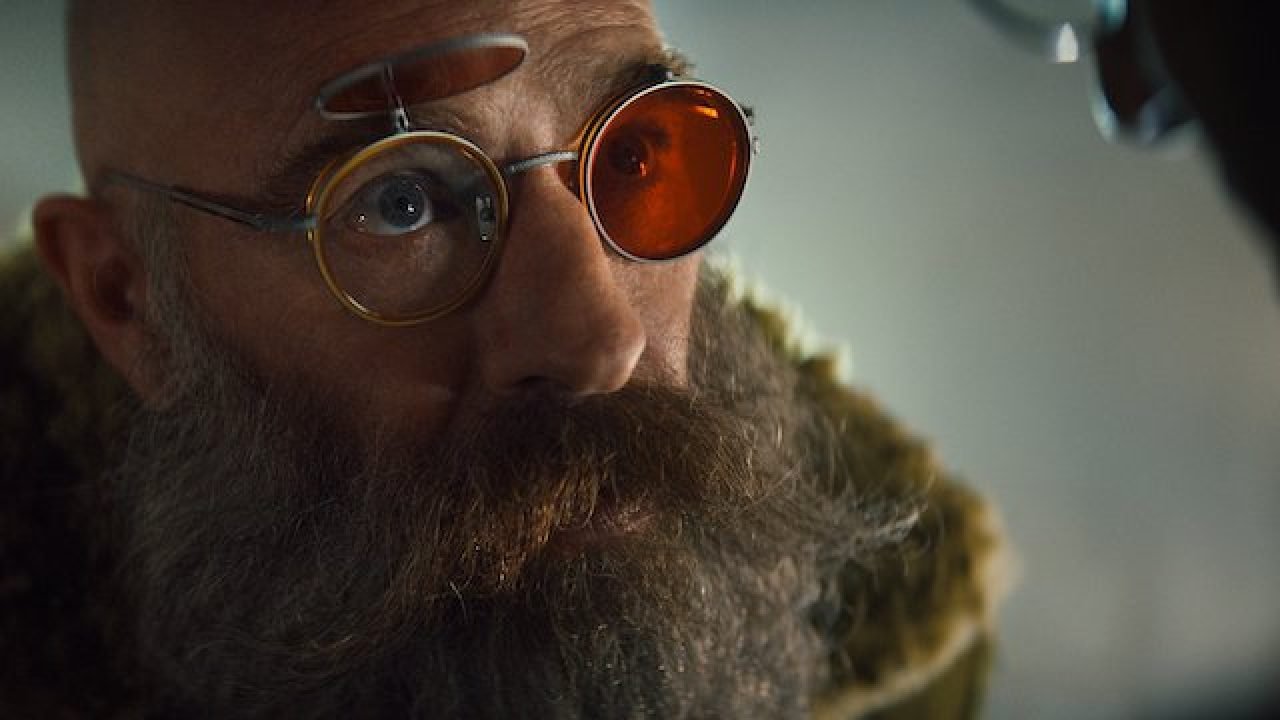Sweet Tooth is a comic series that captured the hearts and minds of many people worldwide.
It was a unique take on the concept of human evolution and tackled some major topics rarely seen in comics. From personal trauma to the act of fitting in, Sweet Tooth managed to balance social commentary, character, and story in a way that was captivating and thought-provoking. Now with the new series from Netflix, a fresh group of people have the chance to experience the story, even if it has been changed for the screen.
Taking the role of Douglas Abbot, South African born actor Neil Sandilands brings a unique and refreshing view to the role. Often cast as the villain in film and TV, he has a certain way to his acting style, that is memorable and compelling, making each character he plays something special. Taking time out of his schedule, we had the pleasure of jumping on a call with him to discuss the role, discovering the comic, and his take on the future of streaming platforms.
CGMagazine: What drew you to this role? Were you a fan or knew of the Sweet Tooth comic before you jumped into it?
Neil Sandilands: I was not a fan. I had not heard anything about the comic book. When I mentioned it to a couple of my close friends, there were quite a few who were aware of the work. And it’s a very particular following. I’d like to add, they’re in a very intelligent crowd. What drew me to the part? Two things really. The first being when I read the scripts dialogue, and it came right off the page. The dialogue was open enough for me to go and have fun it. There was a playfulness that I really enjoyed.
“…that was my first experience with working with Jim. It was delightful. It still stands out as one of my most pleasurable onset experiences.”
Then the second key factor—there was the association with Jim Mickle, whom I had the privilege of working with in Louisiana. Six years ago, when we shot Hap and Leonard with the likes of James Purefoy, Michael Williams, and Christina Hendricks, based off on the novels of Joe Lansdale. So that was my first experience with working with Jim. It was delightful. It still stands out as one of my most pleasurable onset experiences.
You know, I turned 40 while in Louisiana while in the backwater country and the food was delicious, and they were a lovely bunch of people. The collaborative aspect of it was absolutely amazing. So that really to me was a no-brainer. And Jim came back to me after the first round of auditioning and loved the work. I loved what I brought to the character. And then we had to jump through numerous hoops with the key players that you must factor in. And I was extremely fortunate that it went my way. I know it was a sought-after role. So, there is a lot of gratitude there.
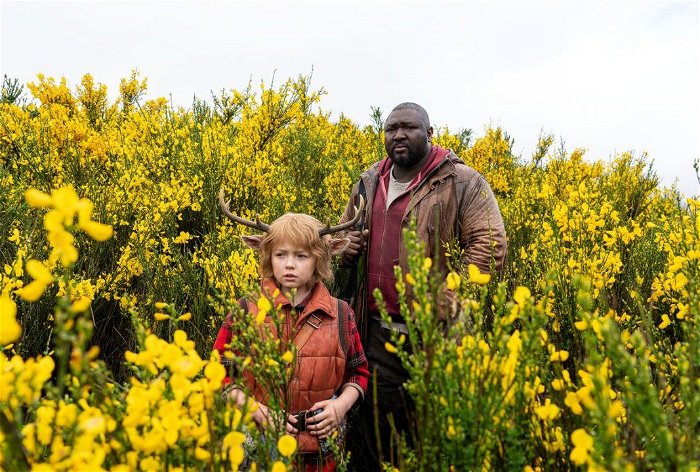
CGMagazine: No kidding. I see you have done genre work in the past, you have worked on The Flash, along with The 100. Is there something that draws you to this sort of work?
Neil Sandilands: I hate to be interpretive about my own trajectory. But when I have not been in the states a hell of a long time, I think the acting decision came in August of 2014, where I went, “I have to just go for broke.” I think psychologically, that was a tremendous leap forward. I must make this work. So, I know my physicality is a certain way. I know that I sound a certain way, which is not necessarily your American boy next door. It does not fit that bill. So, I think the powers that be expressed interest in wanting to collaborate with me. And it was almost like a logical step. “Okay. We are probably going to be hard pressed to sell him as the American hero. But we could see him doing a bad guy”, and I did.
“If I think I can authentically be this character, it hardly matters which genre it is. It hardly matters which medium it is.”
So, to come back to your question about genre. For me, it does not really matter. I do not think about things like that. If I look at the material, and I look at my co-creators, my fellow actors, the scripts, the director, the vision, all those things, those are all variables that you take into consideration, and you try and distill it into that very moment in performance into something that maybe perhaps you can call authenticity. If I think I can authentically be this character, it hardly matters which genre it is. It hardly matters which medium it is. That could be stage, Film, TV with single cam, multi cam etc. Those were all simply different applications for different outcomes.
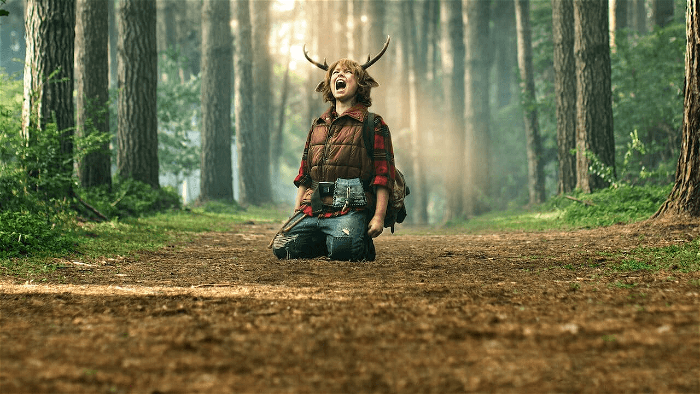
CGMagazine: Did you become a fan of Sweet Tooth after you got the role?
Neil Sandilands: Absolutely. Absolutely. You know with my background being social sciences, philosophy specifically, I never trained to be an actor per se. I am always fascinated with the conceptual value of these comic books, right? On the veneer. It seems like perhaps one dimensional, but the wonderful ones, are representative of great philosophical understanding, ideas and social political concepts. I am immediately thinking about the work that Jason Rothenberg has done in the series The 100. I had the pleasure of playing the flame keeper. If you deconstruct that, you could argue that is perhaps for a younger demographic, but I certainly don’t think it underestimates the viewer. There is some really potent social political ideas and philosophical concepts underpinning all of this work, and certainly Sweet Tooth is in that cradle. It presents fascinating concepts to consider.
“…this is going to be enchanting for audiences across the spectrum, of all demographics and all ages.”
When I looked at the material, there was one write up that I always remember, that described it as somewhere between Mad Max and Bambi, and I think that is an accurate way of putting it. One could argue that, yes, this is for a younger demographic, because it has got the fantastical element. But I would like to suggest that this is going to be enchanting for audiences across the spectrum, of all demographics and all ages.
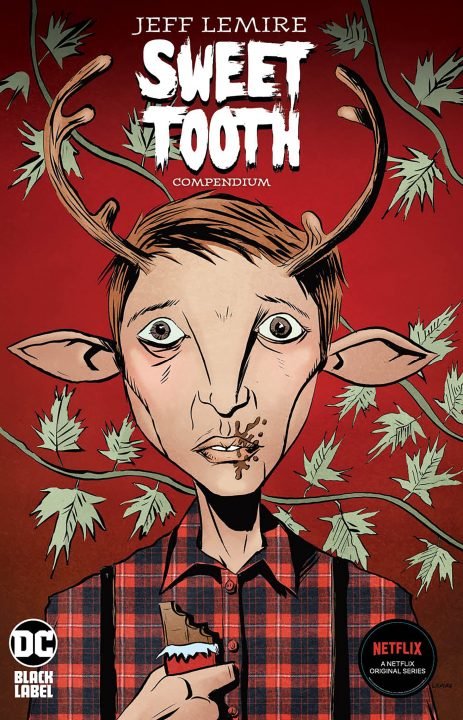
CGMagazine: This series is taking a slightly lighter tone than the comic did. Do you think that is going to help bring in a new audience?
Neil Sandilands: That is a complicated question. And I would hate to be in a position where I think on behalf of the creators, but I can share my views. It is self-evident that you are looking at everything about it. The landscapes, the camera technique, the grade on the final presentation, the soundtrack, the performances, it is all there. So, I think especially in this time, obviously it is important to go for as wide and broad an audience as you can possibly get knowing full well that there is enough left in the material to navigate it into different ways. And it is too early for me to suggest anything about upcoming seasons, but of course, I know well that there is plenty of material that can make it compelling. So good on them for doing it exactly the way it is right now. That is my two cents at least.
CGMagazine: With so many different streaming platforms like Netflix, Disney+ etc. There is more opportunity for unique shows like this. What is your personal take on streaming platforms? And do you see this being a window into more unique and exciting entertainment properties moving forward?
Neil Sandilands: I am going to unpack it as I think about it, because I have not thought about it like that previously. If you think about the idea of hybrids and some new synthesis and cohesion, I think is all fine and well to say yeah, there are streaming platforms and you can create that let you reach a niche audience, but I think as a species, as an organism, there is value in shared understanding. We still need those projects in which we all know the cultural references. I mean, growing up, we had those archetypical values.
“We are living in a streaming world that is super accessible, everything happens instantaneously, there’s a flood of content that can appeal to any fuel and flavor.”
Take Black Beauty for example: we all know the horse and you tell most people they will immediately know what you are talking about. So, my two cents on it is that yes, we are living in a streaming world that is super accessible, everything happens instantaneously, there’s a flood of content that can appeal to any fuel and flavor. That is all good. But it is also nice to have products going out there, which involves all of us or as broad audiences you can possibly reach. So, you know, it strikes a chord with our commonality.
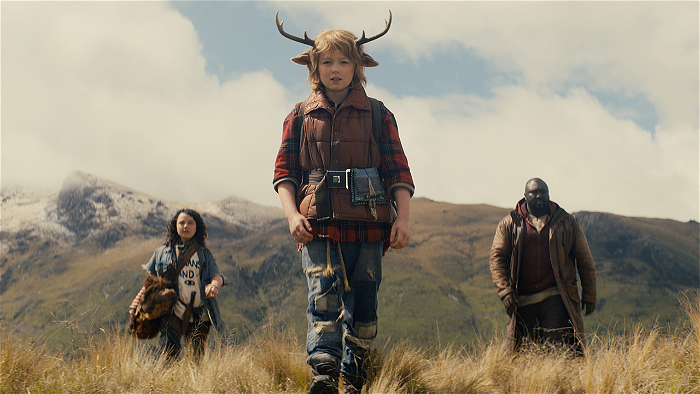
CGMagazine: Anything else you want to add to people that might be might not know this property, something to entice viewers to Netflix?
Neil Sandilands: Well, there’s always that thing of less is more. But it was a splendid experience for me to end the time of lockdown. I have been working nonstop this past year, even during the time of COVID with South African projects, which I am also equally proud including local shoots here. And then, if I may, I also recently brought out an album that is available internationally. And it is in my native language of Afrikaans. I have never done anything, musically, and put it out into the world. So, it seems to me that to 2020 has interesting and lead to many exciting projects, Sweet Tooth certainly being one.
CGMagazine: That does it. Thank you so much for your time.
Neil Sandilands: Thank you very much for having me!
